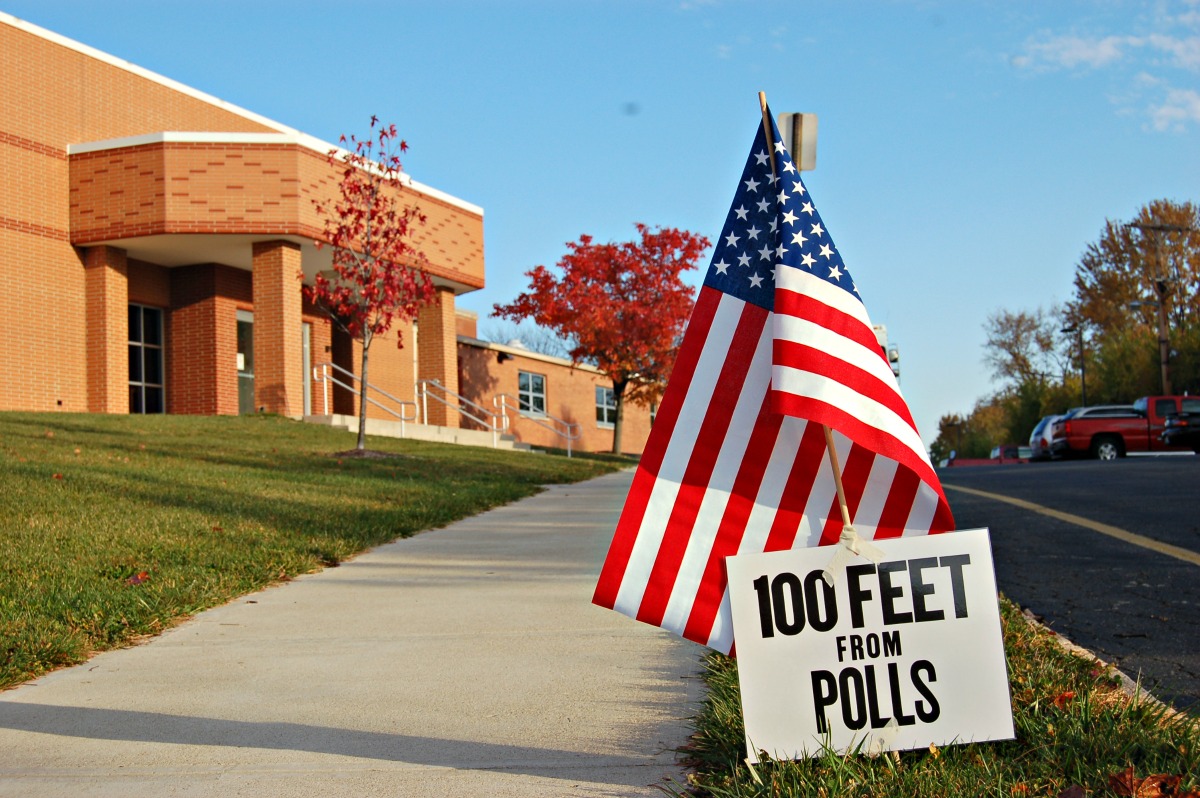Someone runs up to you with a microphone and a video camera. They’re doing a quick survey and want to know your answer to a few questions about the future.
You make educated — if not merely bold — predictions about the future. You speak confidently, of course, and the interviewer is apparently satisfied.

I mean, who doesn’t like giving their opinion? What do you have to lose by proudly predicting the future?
Well… credibility and humility, for starters.
According to Think Like a Freak, your predictions will most likely be wrong.
Professor Philip Tetlock wanted to know how good we are at prophecy, so he tracked political predictions for twenty years. His consclusion?
We think we’re much better at predicting than we actually are.
The book Decisive references the same study.
All of the authors come to the same conclusion: extrapolated estimations based on recent data — merely following the trend — is much more accurate than making predictions.
Why?
For one, different portions of the brain are used for predictions than estimations based on statistics.
For two, pride. We all want to make a grandiose prophecy about the future. We want the attention we get from speaking bold statements about shocking results yet to come.
But as we already know, the “p” word only leads to trouble. And in this case, incorrectness!
Extra Credit: Listen to the podcast on The Folly of Prediction.
Next time you find yourself about to predict anything, think of this post.
